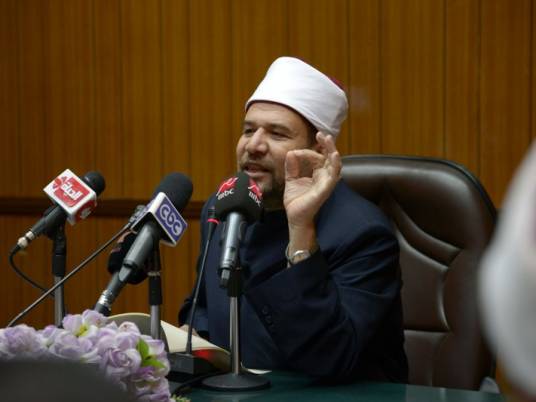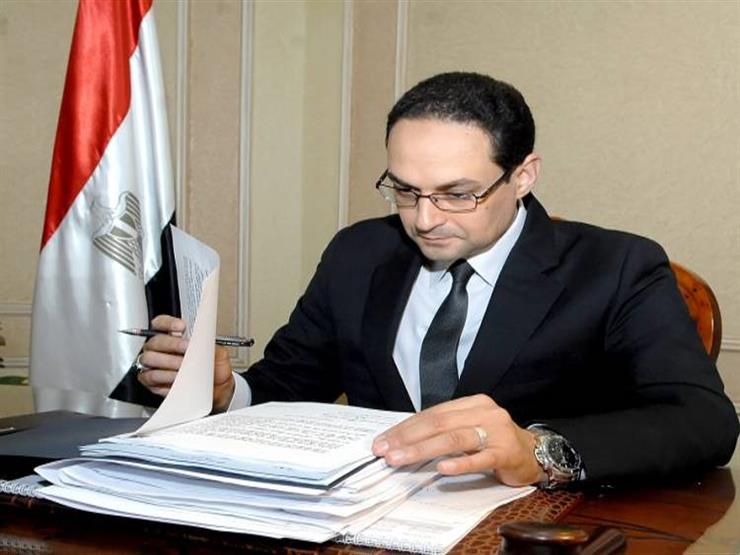
The new civil service law has triggered wide protests by civil servants, while the government insists on issuing it with possible amendments later to its bylaws.
Most of the objections have centered around articles pertaining to bonuses and allowances. Here are four of the articles explained in detail:
Article 38
An employee completing an M.A. or two postgraduate diplomas of at least one academic year of studying receives a bonus for scientific excellence. The employee is entitled to another bonus after completing a Ph.D. or equivalent.
The bylaws determine the conditions for granting the scientific excellence bonus, which is 2.5 percent of the salary set for the position (this includes the basic salary until June 30, 2015 + 100 percent + an LE20 social bonus + an additional social premium + the Labor Day bonus + special bonuses that were not added to the basic salary until June 30, 2015 + the minimum wage bonus).
Staff objection
The 2.5 percent is lower than the LE100 stipulated in the previous law (Law 47) for an M.A. and the LE200 for a Ph.D. Also, the previous law promoted an employee with a one-year seniority in the case of an M.A. and a two-year seniority in the case of a Ph.D. This gave employees a motive to improve their education.
Article 36
An employee is entitled to an annual bonus of 5 percent of the set salary in the first July that occurs after a year from the date of employment or the date of the previous annual bonus.
Staff objection
The 5 percent is added to the set salary, which is 75 percent of the total salary, whereas Law 47 gave an employee a bonus of up to 10 percent of the basic salary and another 10 percent after five years.
Article 56
No employee shall be penalized except after a documented interrogation and after hearing his defense. And should a penalty be decided, it must be justified.
However, warnings and salary deductions of no more than three days may be decided upon an interrogation, but must be mentioned in the preamble of the decision.
Staff objection
There are no guarantees for an employee to make sure that what is mentioned in the preamble was exactly what was said during the interrogation.
Article 47
The employee must submit an application for all his annual vacation days, which should not be deferred except for reasons related to the interest of the work and with a maximum of one third of the total vacation days for three years.
If the employee fails to submit such application, he loses the right to vacation and to compensation. And if the application is rejected, he is entitled to compensation that is payable three years after the year in question, to be added to his set salary of that year.
Staff objection
The government is thereby repudiating the financial rights of employees against holidays. Sometimes the direct boss rejects an application verbally and refuses to put it in writing, which makes it impossible for the employee to prove that he had applied for a vacation. And given the evaluation system of the new law, the employee would fear filing a complaint against his boss lest he give him a bad evaluation.
Edited translation from Al-Masry Al-Youm




